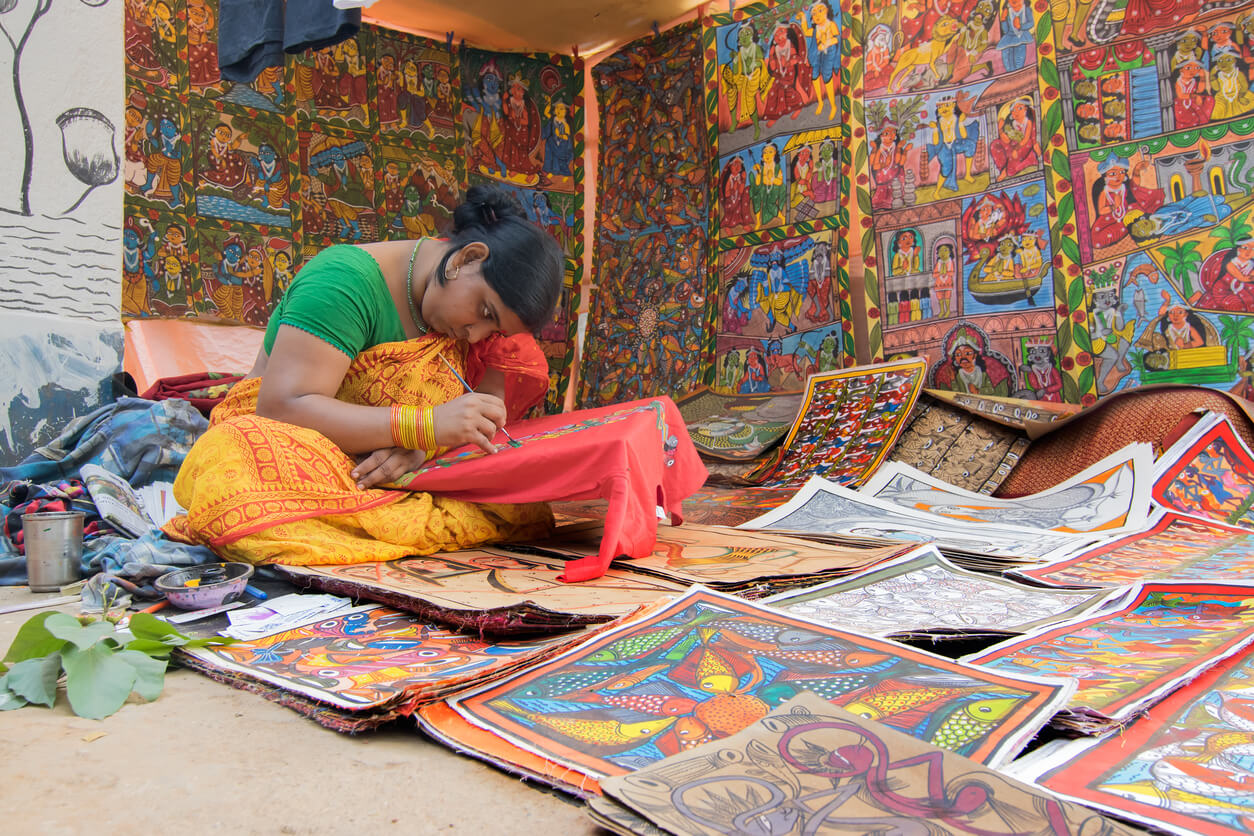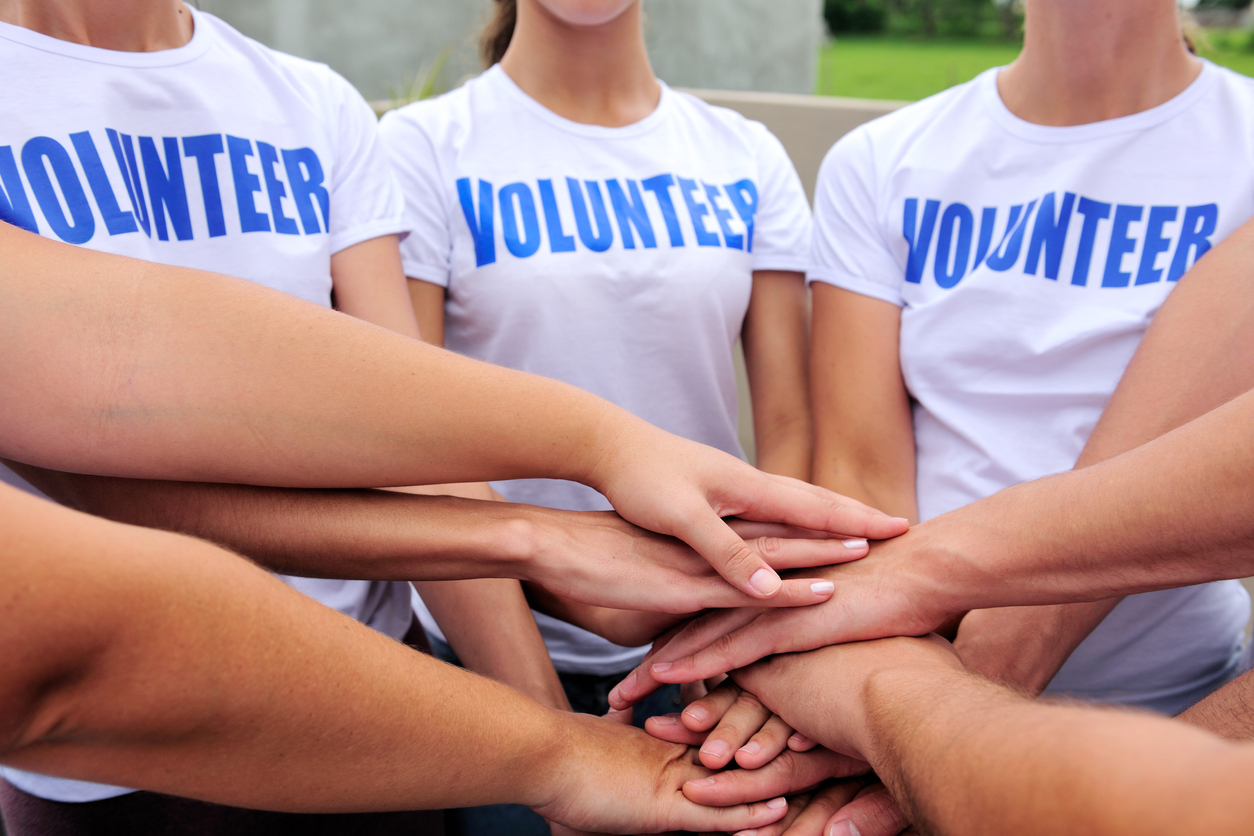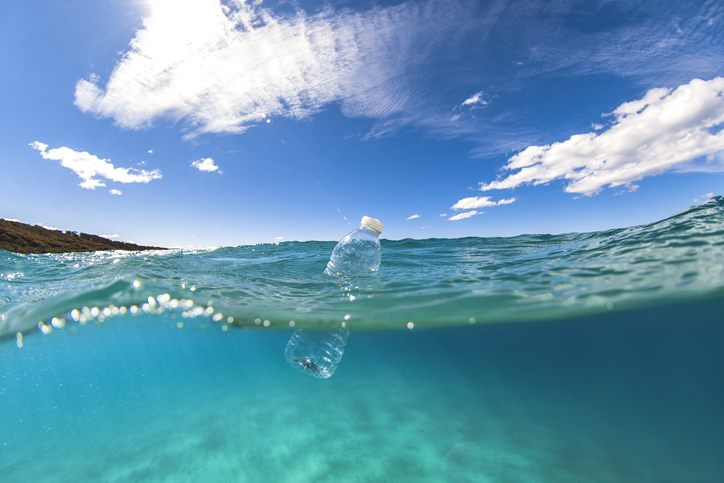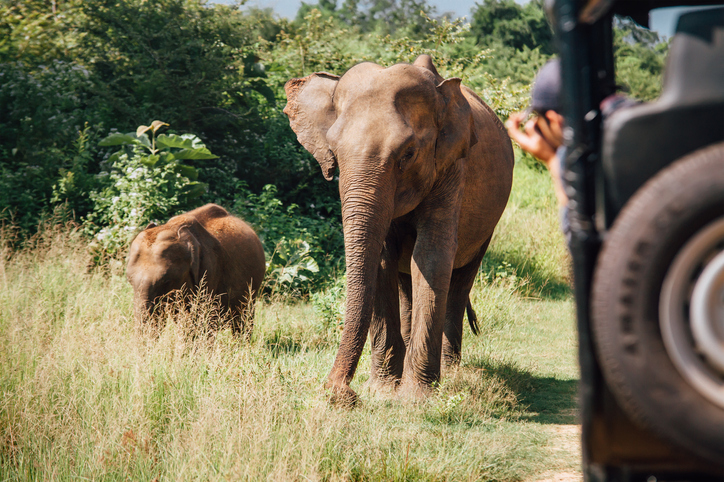With development and innovation making travel easier and simpler, more and more people have begun to travel the world. Before the novel coronavirus hit the global way of life, it was estimated that by 2020, 1.5 billion people would travel each year. Considering that travel has both a positive and negative impact on the environment and various communities, one must become a responsible traveller, and industries must engage in more responsible tourism.
What Is Responsible Travel?
Responsible travel is about being socially and culturally aware when you travel, understanding the effects of your travel on the places you visit, and trying to have a positive impact. Basically, the simplest way to be a responsible traveller and tourist is to imagine that you are visiting someone’s home and conduct yourself accordingly. To know whether or not you are a responsible traveller, take a look at some of the following suggestions and ask yourself—how responsible am I when I travel?
Responsible tourism, another term linked to responsible travel, is tourism that seeks to minimise its negative impact on the economy, environment, and culture of the area.
While the meanings of these terms sound similar to sustainable tourism, here it is the traveller who takes the initiative to be responsible.
Also read: 5 eco-friendly apps for the conscious traveller
Let Us Look At 10 Tips That Are An Answer To The Question “How Can I Be Responsible In My Travels?”
1. Shop And Eat Local To Support Small And Family Run Businesses. Don’t Over Bargain.

When you travel, try your best to avoid shopping at big-brand stores. Look for local or mom-and-pop shops for your requirements such as groceries, daily care products, etc. To individual travellers, this might seem like an easy thing to do. It will however make a huge difference to local businesses and small shops that regularly lose customers to supermarkets and larger brand stores. The same goes for local restaurants or even smaller food trucks/stalls. To be a responsible traveller, avoid eating at multinational chain restaurants and opt for local eateries that will not only give you a satisfying meal but also a taste of the local culture.
Also, try not to bargain too much when you are purchasing food or souvenirs. Many times it may seem that the rates for tourists are unfair; however if it is just a dollar or two more than what a local would pay, don’t bargain. If you have to haggle for a lesser rate, remember that you must do it to get a fair price and not the cheapest price for the item. Another thing to remember is that bargaining is not a standard practice in all countries. Therefore, do your homework on the customs and standard practices followed in the place you are visiting.
2. Volunteer Some Of Your Time, But Do Some Research First.

Volunteering your time, and services, or donating money to good causes in the areas you are visiting is a great way to be a responsible traveller. You can volunteer your time and services by teaching kids to swim, surf, learn a new language, etc. While volunteering to help the poor, needy, or orphaned is a great way to be responsible, you must do a bit of research before engaging in these activities. Up to 80 percent of the eight million children in orphanages all over the world are children who have been bought or leased from their parents, according to Save the Children. When there are more orphans in need, more tourists will be willing to pay to volunteer or donate to these orphanages, making the venture more profitable. Additionally, make sure that your volunteering does not take away jobs from locals.
Read more: Does volunteer tourism do more harm than good?
3. Avoid Using Plastic.

When you travel, another way you can be a responsible traveller would be by trying your best to avoid using plastic bags, plastic straws, or containers; basically, avoid using single-use plastic items. While packing your luggage, make sure you pack some reusable cloth bags, water filters, reusable bottles, cutlery, straws, and containers. Also, whenever possible, use natural and plastic-free products like natural shampoos, soaps, and conditioners. Additionally, you can join local clean-up drives in the places you are visiting to maximise your positive impact on the environment. A simple way to do this would be to do a quick Facebook search of any drives in your vicinity.
Read more: How to reduce plastic pollution while travelling
4. Reduce Your Carbon Footprint.

Avoiding flights while travelling is a good way to reduce your carbon footprint and be a responsible traveller. However, if you are left with no other choice but to fly, try to reduce your impact on the environment by following a few simple steps like taking a direct flight, carrying less luggage, using public transportation (train, metro line, or bus) once you reach your destination or walking or cycling whenever possible, and share a taxi if you have no other option. You can also take shorter showers and eat less to no red meat to lessen your carbon footprint.
5. Respect The Local Culture, Customs, And Dress Codes.

As mentioned before, being a responsible traveller isn’t just about being conscious about your impact on the environment, but also about being considerate of the local economy and the customs and culture. While many countries do not have a dress code, some (or at least parts of them) do and we must be mindful of these rules. For example, in Islamic, Hindu, Buddhist, and some orthodox countries, dress codes must be observed especially when visiting places of worship.
While some countries like Iran may require women to wear a headscarf, some (like Thailand) may only require you to be covered appropriately, like keeping your shoulders and knees covered. Some religious places will also have their own specific dress codes for visitors. It is better to do your research before you travel so that you don’t end up embarrassed or, worst case scenario, offend anyone. Also look up various customs followed in the place you are visiting, like the greetings, gestures during prayers, and eating etiquette. If it is possible, also try to learn a few key phrases of the local language to show that you have done your research and put in an effort to be a part of their culture.
6. Choose Sustainable Tour Operators And Stay in Sustainable Accommodations.

To be a responsible traveller, it is important for you to do a thorough check of the companies with which you will be associating on your travel. Try your best to pick a company (it would be better if it is a local one) that works with the local communities, provides them with jobs, and respects the environment. Another way to be a responsible traveller would be to do your research and choose to stay in sustainable accommodation during your travels. Look for those accommodations that have been approved by reputed establishments like Green Globe and Earth Check, and choose local establishments over chain hotels. Also, make sure that they hire locals, follow sustainable practices like recycling and water conservation, and give back to the communities.
7. Engage With The Locals. Don’t Take Their Photos Without Permission.

Responsible traveller avoids clicking pictures of locals during their travels, especially without permission. When visiting other places, be sure to respect the locals and their privacy. Before you take a picture of anyone, ask yourself how you would feel if someone took a photo of you without your permission, if the photo would be considered exploitative, or if photography is even culturally accepted in the region. If you want to take photos, interact with your subjects, break the ice, and then, if they are comfortable, take a photo of or with them.
8. Hire A Local As A Guide And Seek Cultural Experiences.

Whenever possible, hire a local guide on your trip. This is the best way for you to learn more about the culture, people, and hiking, biking or sailing spots. Hiring a local guide is also a good way for you to be a responsible traveller as you will be supporting the local economy. While it is okay to lounge by the pool during your trip, a responsible traveller does more by seeking an experience of the local culture. You can do this by hiring a local guide as mentioned before or joining a local tour. Broaden your travel experience and increase your knowledge by visiting museums, local markets, and restaurants, meeting the locals, etc. By seeking a deep cultural experience, you are not just enriching your experiences but also transforming yourself into a global citizen.
9. Don’t Support Animal Tourism. Keep Your Wildlife Encounters For The Wild.

If you plan to take a wildlife tour or go scuba diving, make sure that the establishment offering these packages does not encourage touching or feeding of the animals and adheres to sustainable and responsible practices that are in the best interests of the animals. Additionally, to be a responsible traveller, don’t be a part of tours that promote animal cruelty like dolphin shows, pictures with tigers or other wild cats, riding elephants, camels, horses, etc. When you visit wildlife enclosures, unethical sanctuaries, and parks, you are indirectly encouraging the capture and ill-treatment of the animals.
Read more: How to be a more responsible wildlife tourist
10. Stay In A Village Or A Home Stay Instead Of A Hotel.

As mentioned before, part of being a responsible traveller is to dive into the local culture and have a minimal or positive impact on the surroundings. One way to get a great cultural experience is to stay in a village. Community-based tourism offers this kind of experience, where the locals, who are often rural, poor, and economically marginalised, invite tourists to visit their communities and provide them with overnight accommodation. This form of tourism has provided an opportunity for locals to act as land managers, entrepreneurs, service and produce providers, and employees and earn an income. By opting for this form of tourism, you are supporting rural, poor, and marginalised communities by investing in these regions. Moreover, you will get an authentic village experience.
Be A Responsible Traveller And Spread Cheer
Responsible tourism is the need of the hour as it is the only way for us to protect the environment and support local communities, while also continuing to enjoy travelling. As the earth is our home and all other humans are like our extended family, it is our responsibility to ensure that our activities have a positive impact on others and that we support each other. Being a responsible traveller may mean more work than being a regular traveller, but at the end of the day, it is all worth it if you have made the world a better place, even by just a little bit.


